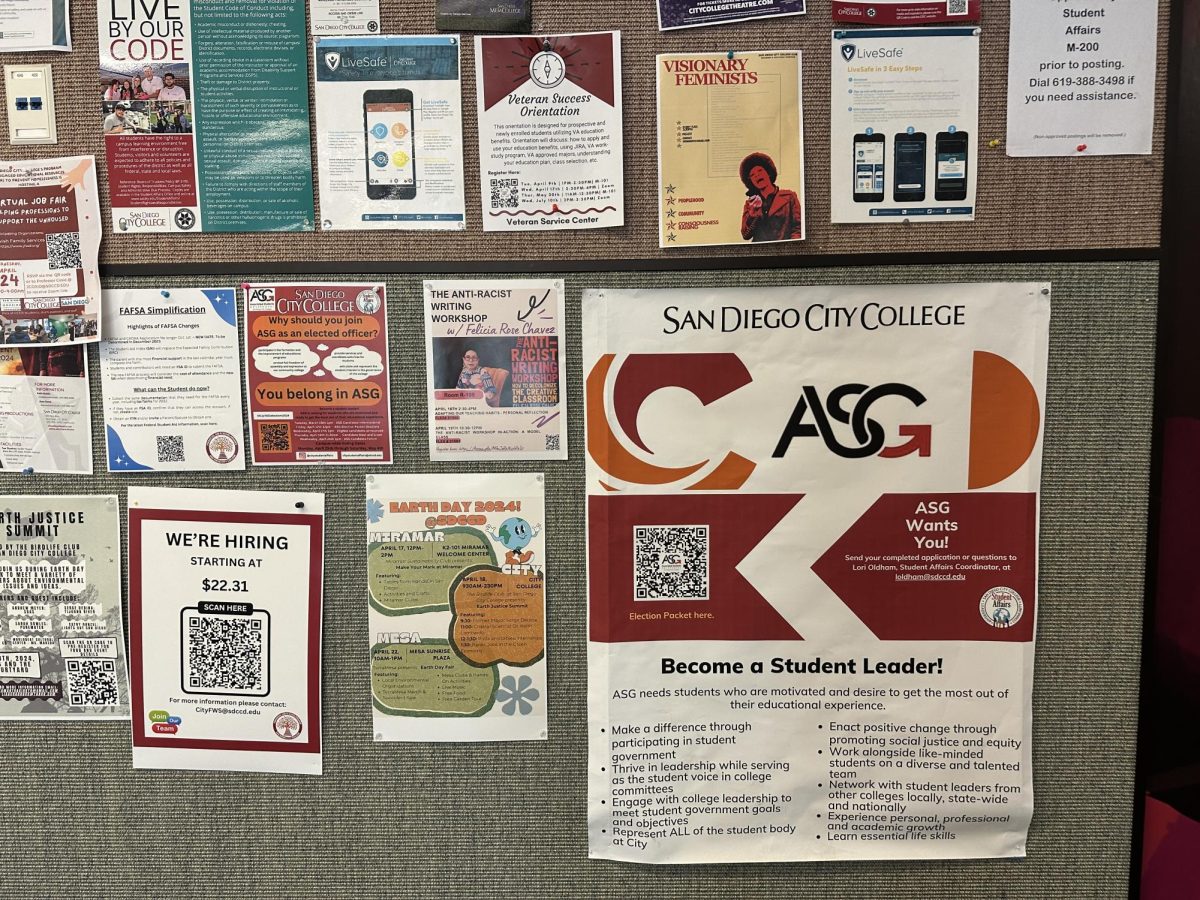SB1456, or the Student Success Act of 2012, was signed by Gov. Jerry Brown on Sept. 27 with the hopes of improving graduation and transfer rates at California’s 112 community colleges.
“Our goal, our primary goal, has to be on offering students a better path to graduation. It is unacceptable that more than 50 percent of our community college students are not graduating or transferring within six years. SB1456 is the first step toward a community college system that is refocused and rededicated to student success and achievement.” Senator Alan Lowenthal stated.
“What do I want? I want more kids coming of the system getting bachelor’s degrees or technical certificates, and I want them into jobs,” Senator Carol Liu, member of the committee who wrote the bill, including Lowenthal, said. “I want them working for themselves, and I want them working for the rest of us. If we don’t build California, there are lots of people out there around the world who would like to take our place. We need to make these investments. We need to be more mindful of how we spend our dollars. These kids need to succeed.”
Studies have shown that only 30 percent of California community college students earn a degree or transfer to a four-year university, even after six years.
The new act will bring several key changes to all of California’s Community Colleges, including the San Diego Community College system. With the implementation of the Student Success Act, the system will change to a much more goal-oriented program. “(It will be) get a major, get a program, finish the program, get your degree, get your workforce certificate, get a job,” Pasadena City College President Mark Rocha explained during a press conference.
Students will now be required to complete a state wide assessment, pick a specific major or program, attend an orientation and then meet with an adviser to get a personalized education plan. All of these steps have been optional, and will become mandatory.
Currently, returning students, including those who have been taking classes for fun for multiple years, receive class registration priority. Under the new act, students with a set major with get first selection on classes. Those closer to their educational goals will also have a better chance of getting the classes they need. Students with unidentified majors, or who are taking classes for personal enjoyment, will be at the bottom of the list for registration.
“You can’t come where and hang out [any more]. I wish you could, and I think that’s one of the losses. But obviously people outside the college don’t understand the notion of exploration, of finding themselves,” Rocha said.
Another major change in the system will relate to the Board of Governors (BOG) fee waiver. Students must maintain a C or higher average in order to be eligible. If a student has a lower average for two semesters, consecutive or not, they lose their eligibility. Also, students who fail to meet attendance requirements will no longer be eligible. Students must also be working for a degree or certificate in order to receive the waiver.
Retiring Community College Chancellor Jack Scott said, “Why did we put in there something about the BOG fee waiver? Well, we wanted not only institutions to accept responsibility for student success, but we wanted students to accept responsibility.”
The final major change will require schools to report graduation and transfer rates to the Legislative Analyst office each semester, where the school will be reviewed. Colleges will also be required to post a “student success score card” on their campus web sites as a condition for receiving federal and state support funding. The state Student Success Task Force, advisers to the schools, believe this bill will help community colleges become more responsive to the needs of it’s students, and also help the schools begin their climb out of financial crises.
These changes will be phased in over the next couple of years, with all the changes complete by 2014.








